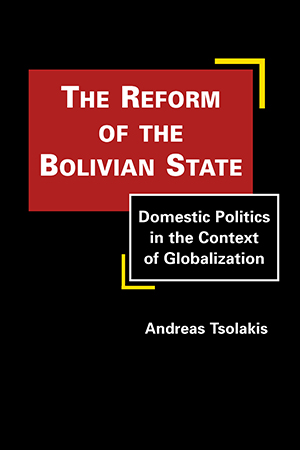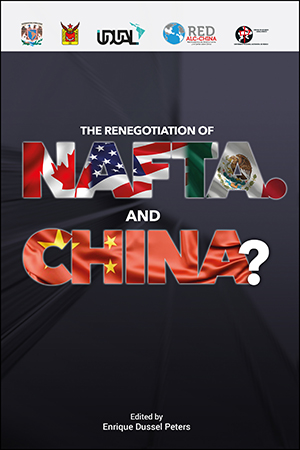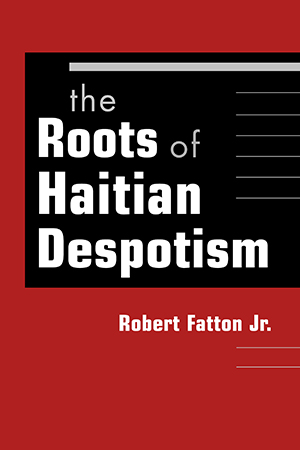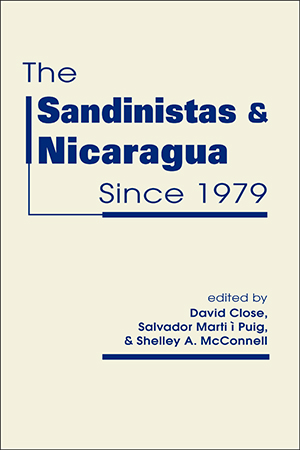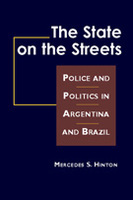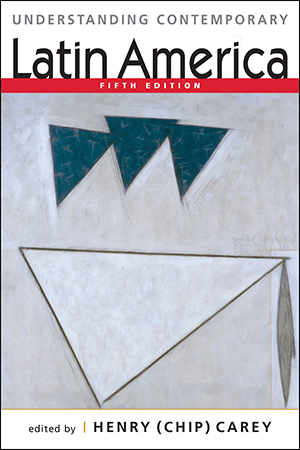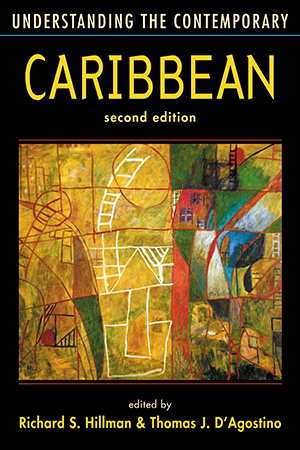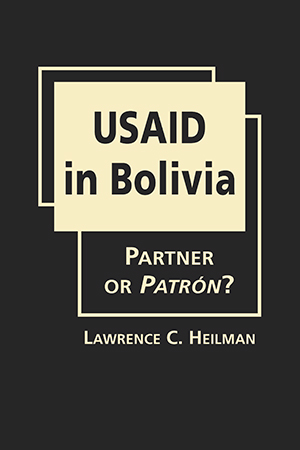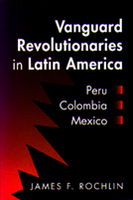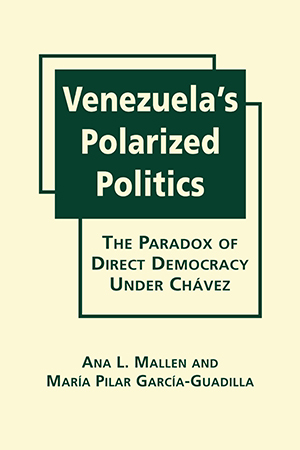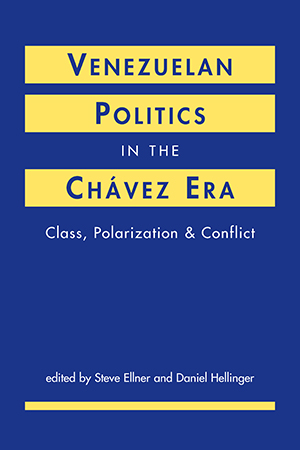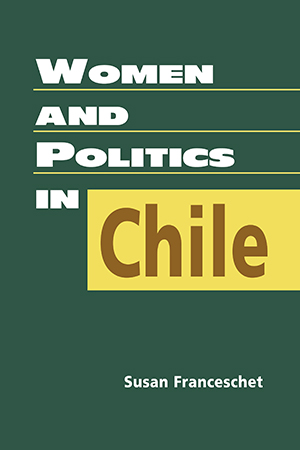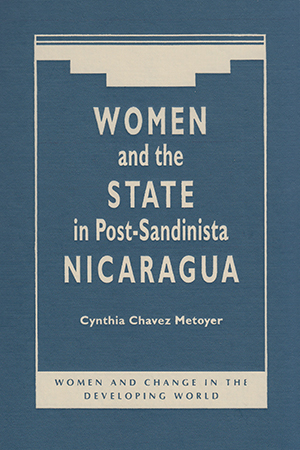Latin American and Caribbean Politics
In 2005, two decades after President Victor Paz Estenssoro's New Economic Policy heralded the beginning of a profound transformation for Bolivia, violence had become endemic in the More >
After more than a year of negotiations, the differences between NAFTA and the new United States–Mexico–Canada agreement (USMCA) are minor—especially considering the initial More >
Though founded in the wake of a revolution that embodied its slave population's quest for freedom and equality, Haiti has endured a history marked by an unending pattern of repressive More >
How has the Sandinista National Liberation Front (FSLN) affected Nicaragua and its politics since the Sandinista revolution of 1979? Addressing this question, the authors offer a More >
Winner of the British Society of Criminology's Best Book Award! How Latin American governments will respond to popular outcry against unprecedented levels of both corruption and crime More >
This new edition of Understanding Contemporary Latin America, the first under the editorship of Henry (Chip) Carey, reflects the many changes that have occurred in the region in the decade More >
Carefully designed to enhance readers’ comprehension of the diversity and complexities of the region, Understanding the Contemporary Caribbean ranges in coverage from history to More >
After Bolivia had received more than $4.7 billion from the US government to support 70 years of development efforts, why would Evo Morales abruptly expel USAID from the country in May 2013? More >
During the swan song of the Soviet Union and the immediate aftermath of the Cold War, many insurgent groups that had been dependent on Moscow or Havana quickly faded into political oblivion. More >
During Hugo Chávez's presidency, Venezuelan society underwent a sudden—and vicious—split between the Chavistas and the Opposition. What accounts for the extreme More >
The radical alteration of the political landscape in Venezuela following the electoral triumph of the controversial Hugo Chávez calls for a fresh look at the country's More >
Why have women remained marginalized in Chilean politics, even within a context of democratization? Addressing this question, Susan Franceschet traces women's political activism in the More >
After winning a stunning and decisive victory in Nicaragua’s 1990 presidential election, Violeta Chamorro reversed much of the social and economic policy enacted by the previous More >


